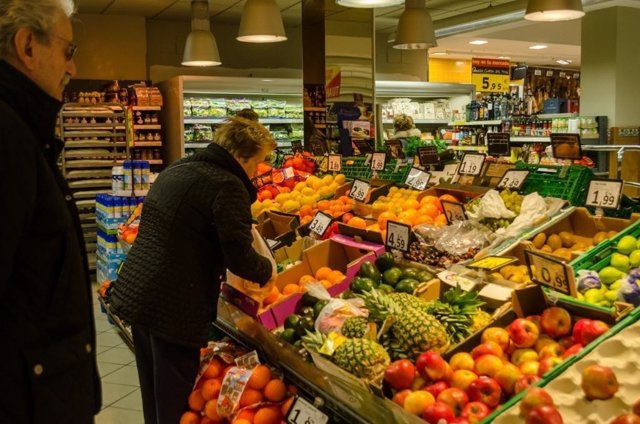MADRID, 23 Dic. (EUROPA PRESS) -
35% of consumers prefer setting maximum prices for basic foods to lowering VAT, issuing checks to families or taxing the extraordinary profits of large companies, according to a survey carried out by Facua-Consumers in Action.
In the current context of inflation, the option most demanded by consumers is to impose maximum prices, well ahead of the rest.
Thus, the proposal to lower the VAT on basic foods is eight points below, with 26.5% of users considering that it would be the most effective.
Further away is the option of imposing taxes on large companies for their extraordinary profits, chosen by 22.4% of those surveyed: 15.8% referring to large chain stores and 6.6% to brand names. feeding.
For their part, according to Facua, only 8.7% of consumers who have participated in the survey opted for giving a check to families with fewer resources as a more beneficial measure in the face of food price increases.
The survey, in which 4,963 consumers from all over Spain have participated, has been carried out by Facua between December 13 and 22.
In light of these results, the consumer organization points out that the Trade Law allows the Government to apply maximum prices to basic foods to avoid speculation and harm to consumers. "A measure that the association has been claiming for months," says Facua.
Thus, article 13, relating to the freedom of prices, states that "the State Government, after hearing the affected sectors, may set the prices or marketing margins of certain products, as well as submit their modifications to control or prior administrative authorization".
A capacity that, according to Facua, is foreseen in several cases, among them "when it comes to essential products or strategic raw materials" and "exceptionally and while the circumstances that advise intervention persist, when, in a given sector, there is an absence of effective competition".













